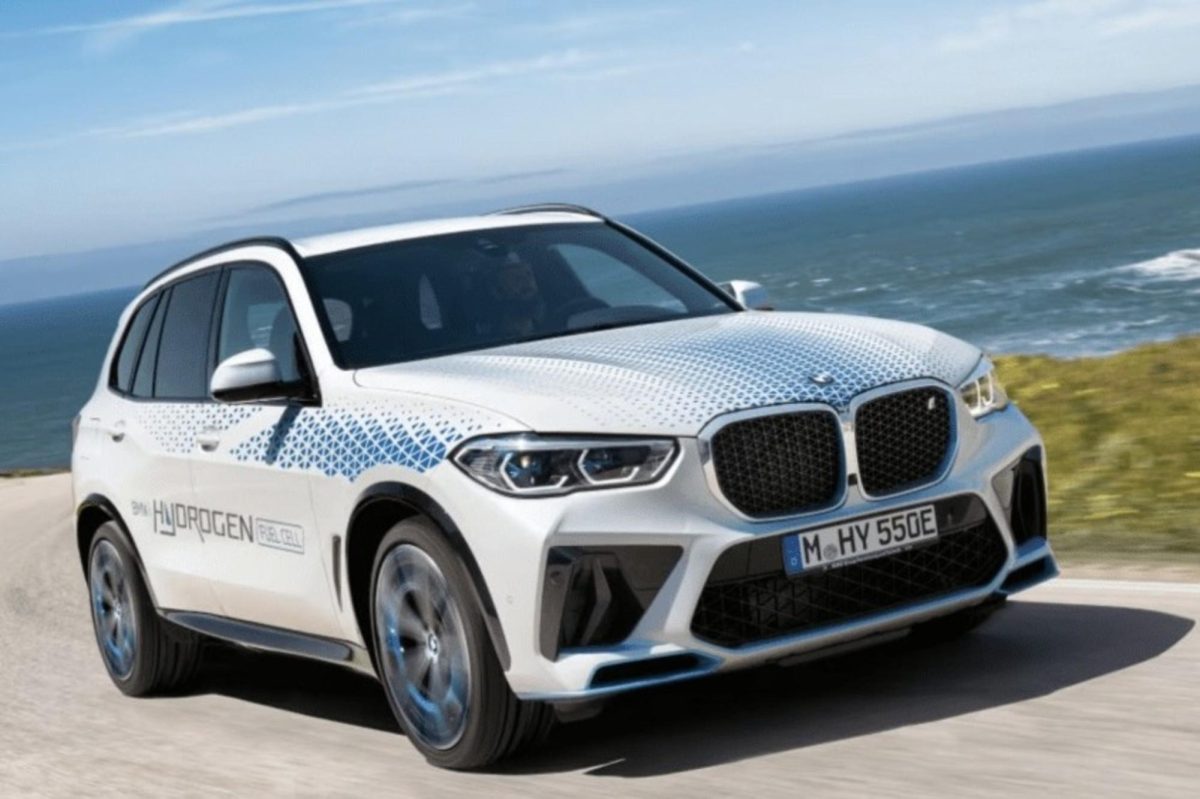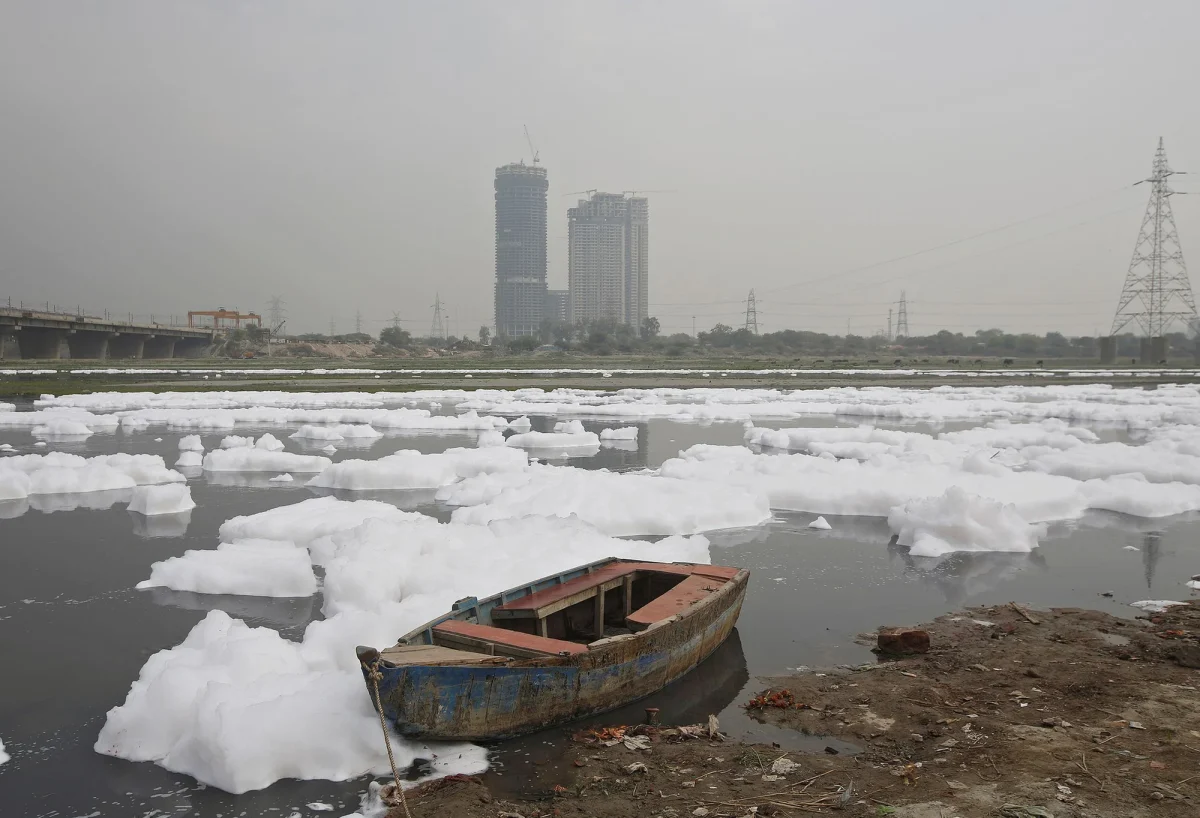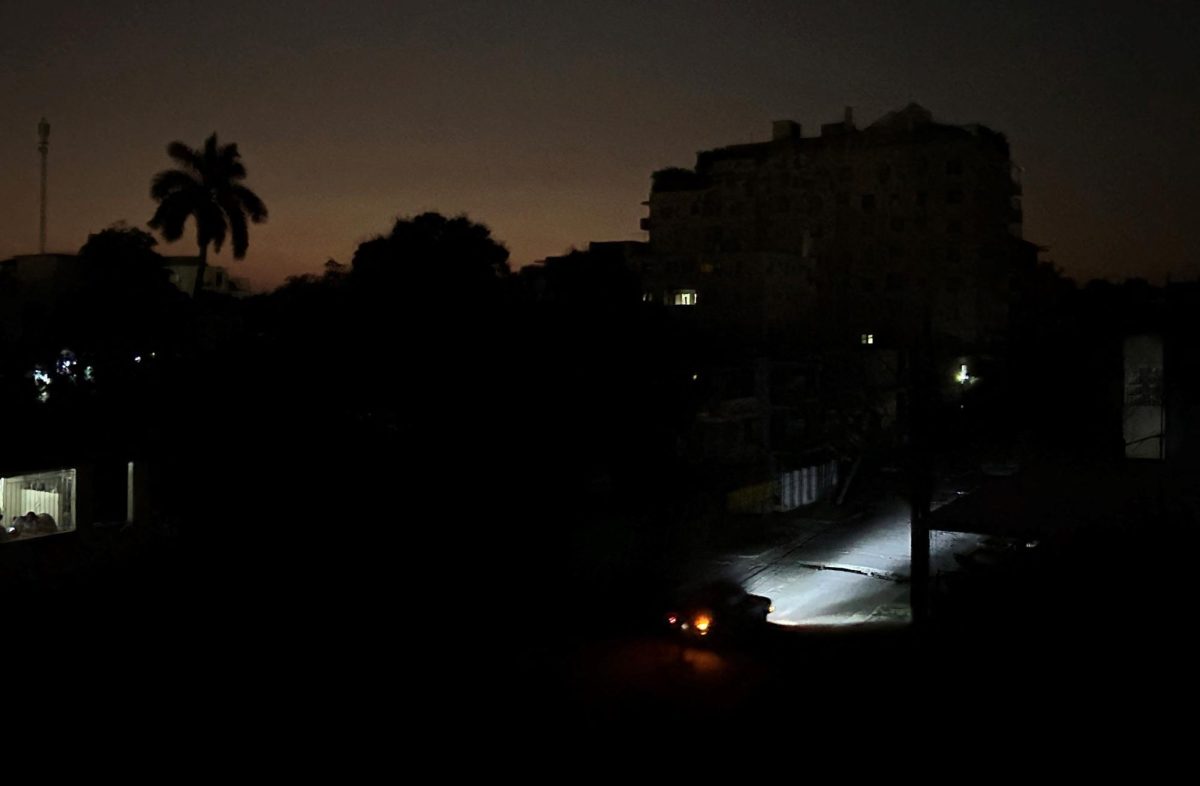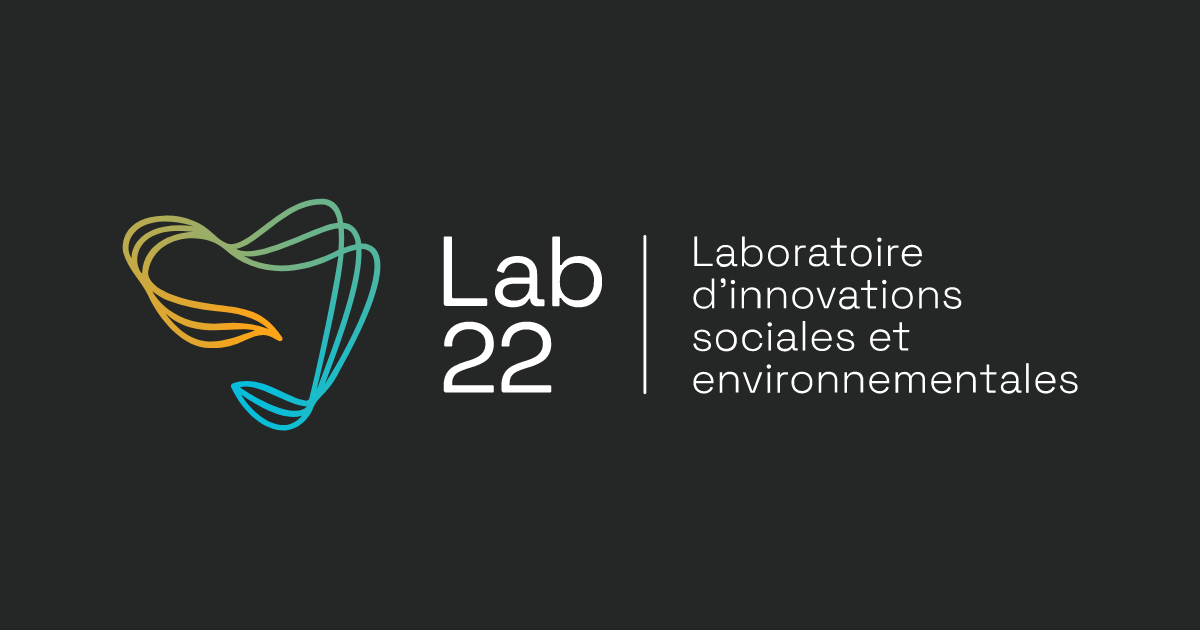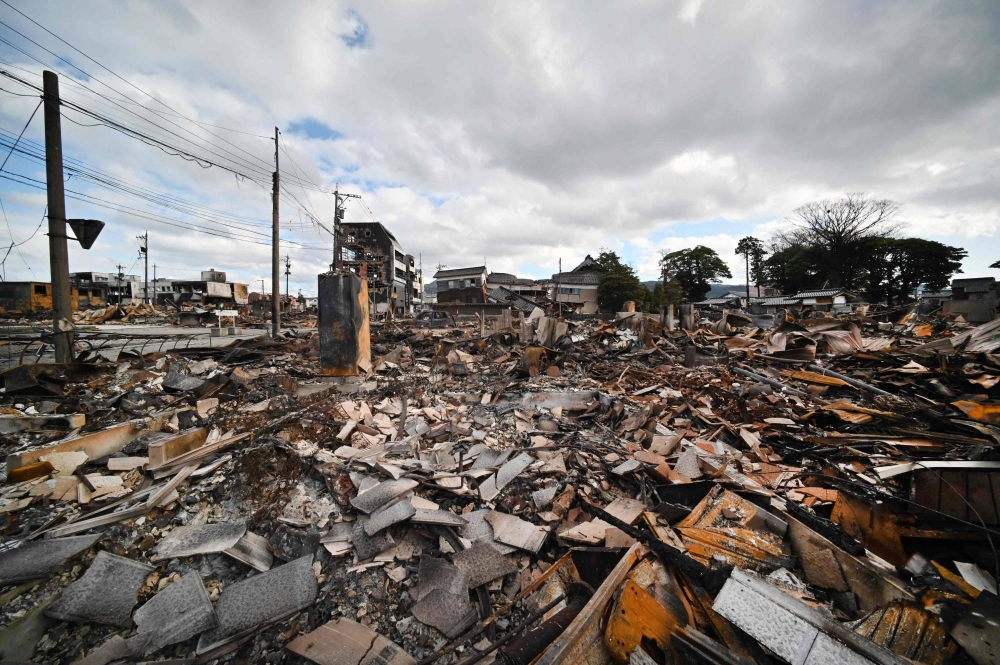The prestigious car make said they will partner with Toyota to develop the car. Toyota has been working on hydrogen cars for a while, and with their help, BMW might be able to make a better version than other zero-emission cars.
One of the biggest issue with the new technology fuel-cell cars is the loss of power. The car needs to convert hydrogen in the tank into electricity to power the motor, and in this process, it can lose up to 30% of energy. In comparison, electric vehicles (EVs) power the motor directly from the battery, with losses of only 1-3%. Overall, hydrogen cars lose about 40%. BMW plans to reduce these losses by 20%.
The upcoming BMW car will have an electric motor that can produce up to 396 horsepower. It will also come with two hydrogen fuel tanks, which can hold up to six kilograms of fuel. While the price hasn’t been decided yet, it is expected to cost between $60,000 and $80,000, similar to BMW’s other models.
The premium engineering brand has tested the car in tough conditions, like sandy terrain and temperatures as high as 45°C. It performed well, making it a strong option for families.
The car manufacturer chose to make a hydrogen vehicle for environmental reasons. Scientists have shown that while EVs don’t release CO₂ when driving, their battery production does, and the batteries are hard to recycle.
BMW found a way to extract hydrogen from water that doesn’t release CO₂ and even produces oxygen (O₂) as a byproduct. However, some hydrogen production methods used globally are not as eco-friendly.
One of the biggest challenges is the lack of hydrogen refueling stations. Right now, there are only 921 stations worldwide—265 in Europe, 197 in China, and just 11 in Canada. Many stations are closing because there aren’t enough users. “First, we have a really close look on how the region develops toward hydrogen infrastructure. And also, what is the market demand? What its customers need in each region,” said, Micheal Rath, BMW’s vice president for hydrogen vehicles.
This gap might grow worse. Europe has announced plans to build hydrogen stations every 200 kilometers along the Trans-European Road, one of Europe’s busiest highways, before 2030. Because of this, many believe hydrogen cars will mostly sell in Europe and Asia.
BMW’s first fuel-cell car is set to launch for 2028. The car has many benefits, but some challenges, like infrastructure and energy losses, still need to be solved.
Translated by AI to accommodate French readers:
La prestigieuse marque automobile a annoncé qu’elle allait s’associer à Toyota pour développer la voiture. Toyota travaille depuis un certain temps sur les voitures à hydrogène, et avec leur aide, BMW pourrait être en mesure de créer une version meilleure que les autres voitures zéro émission.
Un des plus grands problèmes avec la nouvelle technologie des voitures à pile à combustible est la perte de puissance. La voiture doit convertir l’hydrogène dans le réservoir en électricité pour alimenter le moteur, et dans ce processus, elle peut perdre jusqu’à 30 % d’énergie. En comparaison, les véhicules électriques (VE) alimentent directement le moteur à partir de la batterie, avec des pertes de seulement 1 à 3 %. Globalement, les voitures à hydrogène perdent environ 40 %. BMW prévoit de réduire ces pertes de 20 %.
La prochaine voiture BMW aura un moteur électrique pouvant produire jusqu’à 396 chevaux. Elle sera aussi équipée de deux réservoirs à hydrogène, pouvant contenir jusqu’à six kilogrammes de carburant. Bien que le prix ne soit pas encore décidé, on s’attend à ce qu’il se situe entre 60 000 et 80 000 dollars, ce qui est similaire aux autres modèles BMW.
La marque d’ingénierie haut de gamme a testé la voiture dans des conditions difficiles, comme un terrain sablonneux et des températures allant jusqu’à 45 °C. Elle a bien performé, ce qui en fait une option solide pour les familles.
Le constructeur automobile a choisi de fabriquer un véhicule à hydrogène pour des raisons environnementales. Les scientifiques ont montré que, bien que les VE n’émettent pas de CO₂ en conduisant, la production de leurs batteries en génère, et ces batteries sont difficiles à recycler.
BMW a trouvé un moyen d’extraire l’hydrogène de l’eau sans libérer de CO₂ et qui produit même de l’oxygène (O₂) en sous-produit. Cependant, certaines méthodes de production d’hydrogène utilisées dans le monde ne sont pas aussi écologiques.
Un des plus grands défis est le manque de stations de ravitaillement en hydrogène. Actuellement, il n’y a que 921 stations dans le monde — 265 en Europe, 197 en Chine et seulement 11 au Canada. Beaucoup de stations ferment faute d’utilisateurs. « D’abord, nous observons de près comment la région se développe en matière d’infrastructures hydrogène. Et aussi, quelle est la demande du marché ? Ce dont les clients ont besoin dans chaque région », a déclaré Michael Rath, vice-président de BMW pour les véhicules à hydrogène.
Ce manque pourrait s’aggraver. L’Europe a annoncé des plans pour construire des stations d’hydrogène tous les 200 kilomètres le long de la Route trans-européenne, une des autoroutes les plus fréquentées d’Europe, d’ici 2030. Pour cette raison, beaucoup pensent que les voitures à hydrogène se vendront principalement en Europe et en Asie.
La première voiture à pile à combustible de BMW devrait être lancée en 2028. La voiture a de nombreux avantages, mais certains défis, comme l’infrastructure et les pertes d’énergie, doivent encore être résolus.


